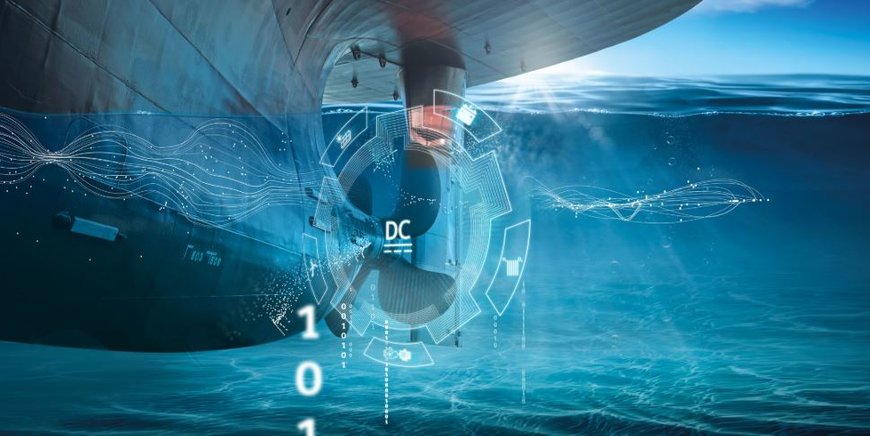Siemens selected for Washington State Ferries control and hybrid conversion
Cleaner, quieter and more pleasant ferry rides soon a reality.

- Three Jumbo Mark II Class vessels identified for conversions
- Conversion will reduce carbon footprint by 48,565 Metric Tons of CO2 per year
- Fuel and maintenance costs to be reduced by more than $14 million annually
In response to an executive order by Washington Governor Jay Inslee, the Washington State Ferries (WSF) system is taking steps to cut operational costs and reduce the carbon footprint by 48,565 MT of CO2 per year. As part of the initiative, WSF has selected Siemens to conduct a propulsion control system replacement and hybrid conversion studies and system design for three Jumbo Mark II Class vessels.
The ferries service areas include downtown Seattle to Bainbridge Island, and Kingston to Edmonds, Washington. Put in service between 1997 and 1999, ferry capacity is 1800 passengers and 202 vehicles. The largest ferries in the WSF’s fleet, they account for more than 26 percent of WSF’s annual fuel consumption – five million gallons of diesel per year.
Over the next several years, Siemens will work with WSF to electrify the ferries, ultimately transitioning them from diesel fuel to nearly zero-carbon-emission vessels as directed by the executive order.
David Grucza, Siemens Marine Director, says Siemens was selected for the conversions based on the company being the original system designer in conjunction with proven successes with other hybrid-electric propulsion projects across Europe, such as the recent conversion of the 142-meter Princess Benedikte. Operated by the Scandlines shipping company, the world’s largest hybrid ferry’s system stores excess electrical energy in batteries, eliminating the need for one of five of its diesel-driven generators.
He adds that the WSF conversions will provide safe and supportable vessels that not only save fuel, but also offers a projected lifecycle cost savings of about $60 million.
“This will put WSF on track to reach its greenhouse gas reduction goal,” Grucza says. “The conversions will lower fuel and maintenance costs by more than $14 million annually. Additionally, ferry passengers will enjoy more pleasant and cleaner rides that are free from diesel engine noise, vibration and exhaust.”
Siemens is now completing an engineering study in effort to update obsolete equipment on the Jumbo Mark II class vessels. Upon receipt of funding, anticipated in November 2019, Siemens will proceed with the Hybrid conversion design, which includes removal of two propulsion generators, installation of battery storage, and development of the rapid charging system. Siemens engineers will then work alongside the selected shipyard to complete the hybridization process on all three vessels. The project will also include rapid shore charging stations at each pier.
www.siemens.com

